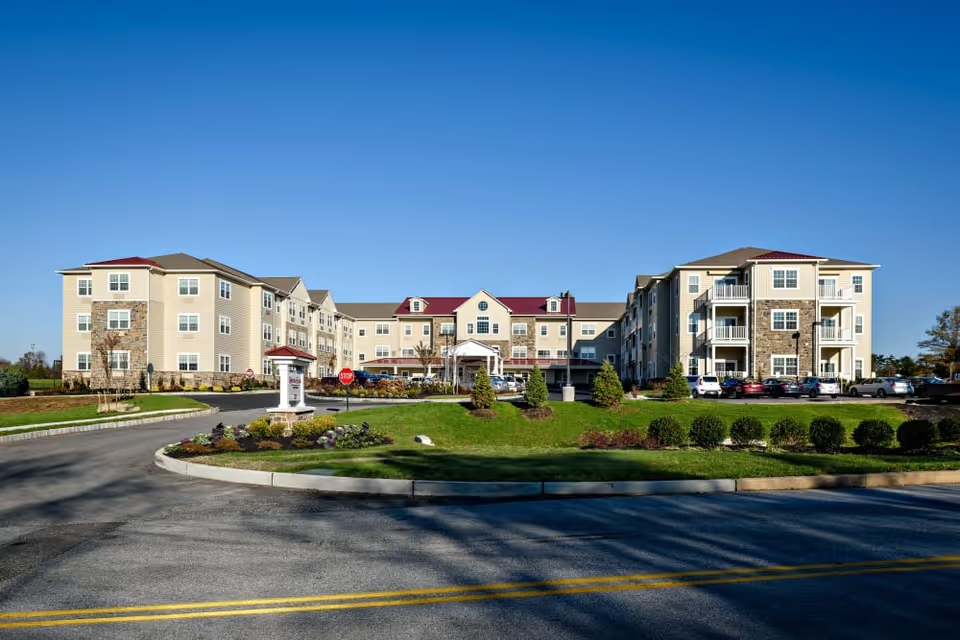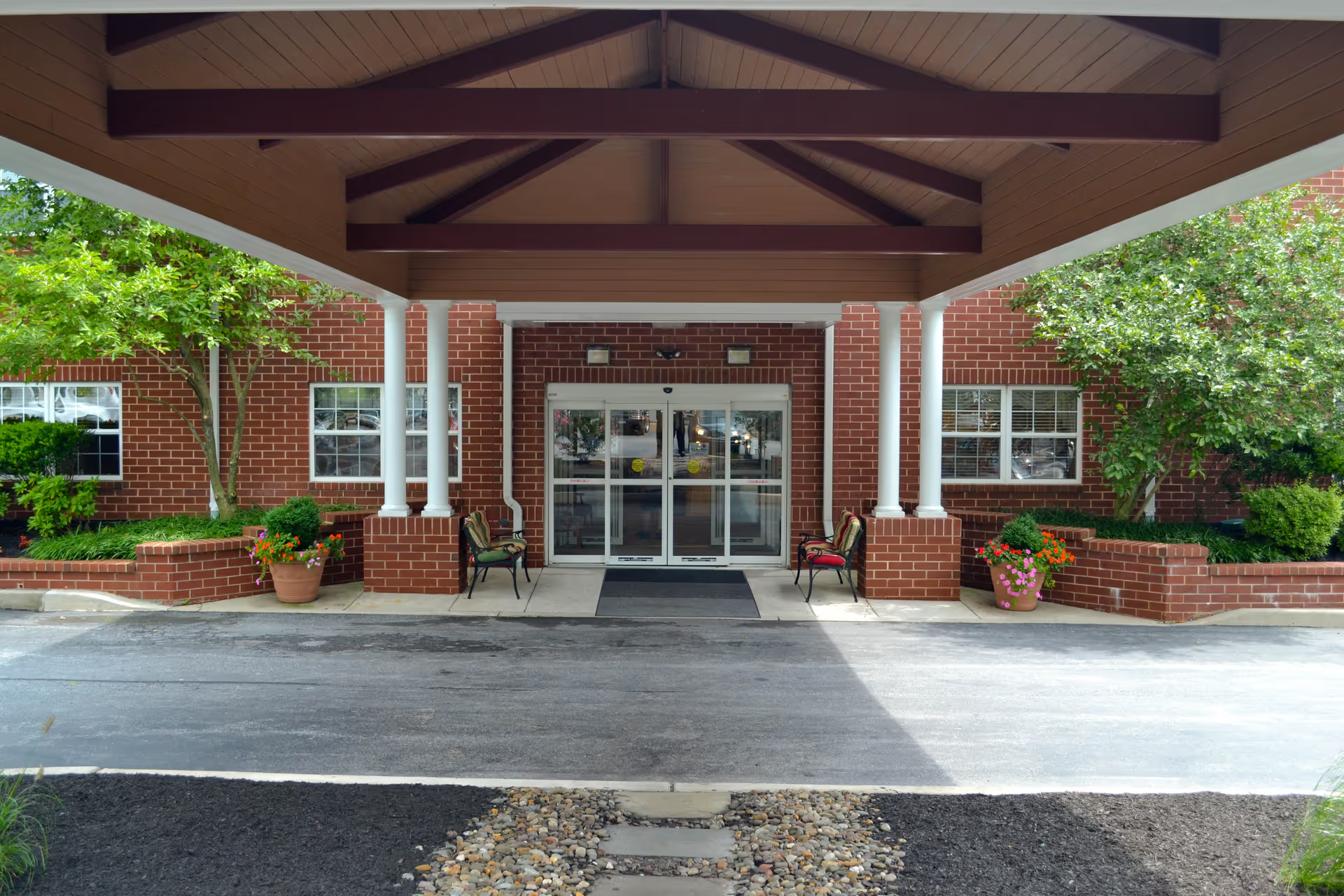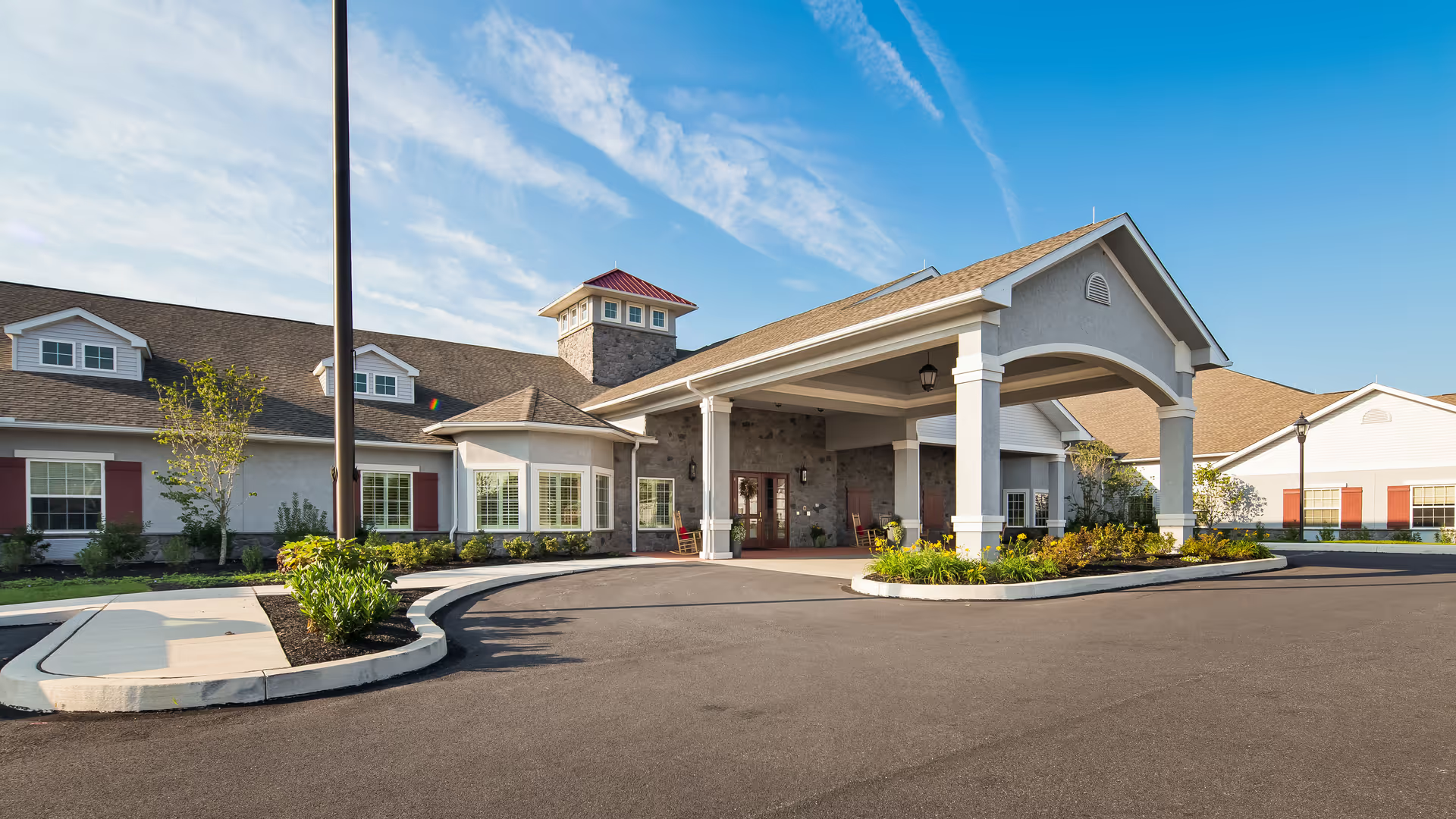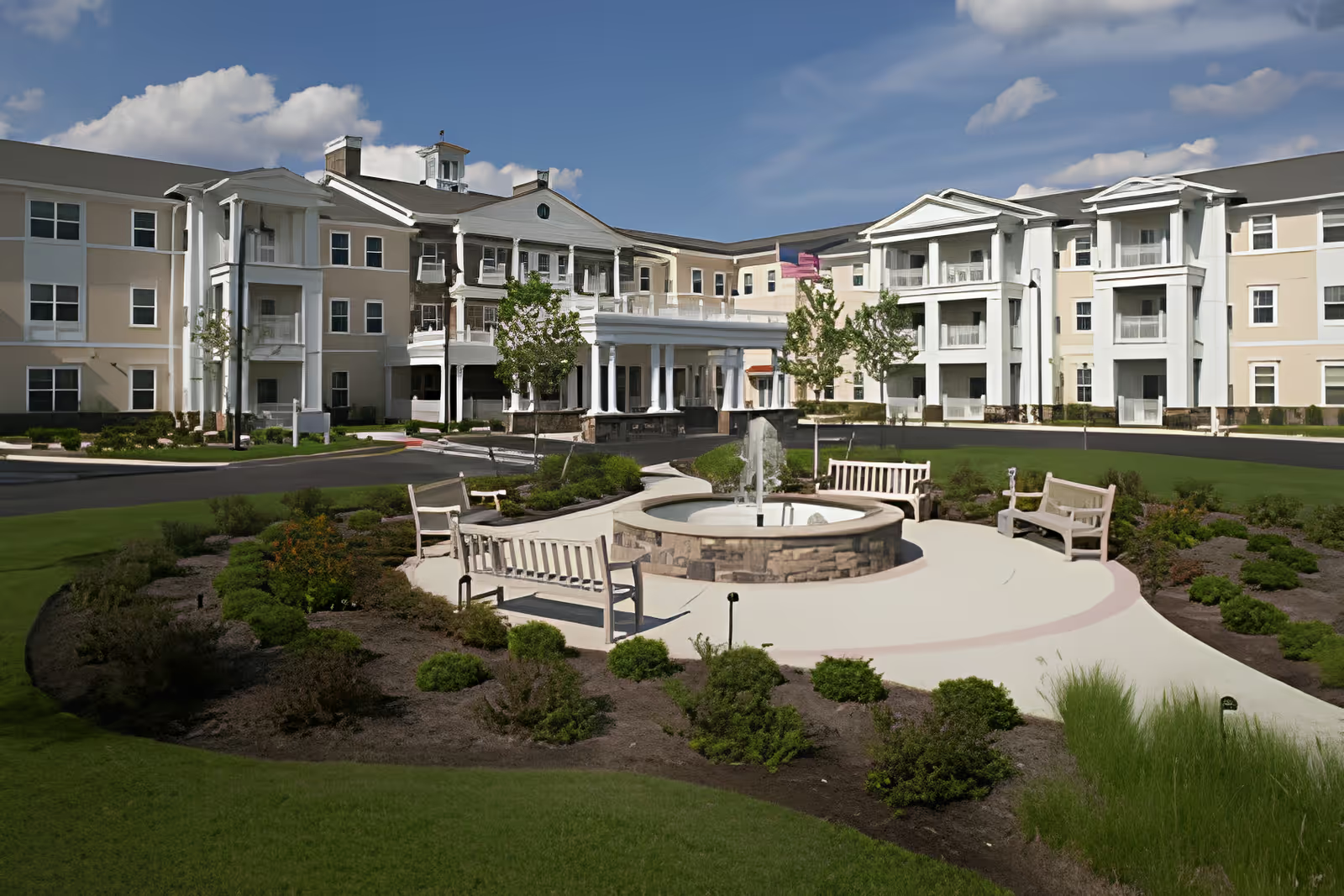Overall sentiment across the reviews is mixed but leans positive on culture, social life, and basic services, while showing recurring and at times serious concerns about food quality, certain safety and cleanliness incidents, staffing consistency, and cost. Many reviewers emphasize a warm, family-like atmosphere, caring and consistent caregivers, an attractive and well-kept facility, and a robust calendar of activities that support an active social life. At the same time, a subset of reviews describe troubling lapses — some administrative or staff behavior issues, sanitation incidents, and clinical-safety concerns — that deserve attention.
Care quality and staff: The most consistent positive theme is that many residents and family members find the staff caring, conscientious, and familiar. Multiple comments note consistent caregivers, compassionate care, dignity and respect shown to residents, and staff who appear to like their jobs. Families frequently praise nursing, aides, and therapy services (including an in-house doctor and Rehab OT/PT). However, counterbalancing this are multiple reports describing staff unresponsiveness (failure to check on residents during a shift), poor responses to falls or emergencies, and isolated but severe allegations of staff berating residents or being unprofessional. There are also claims of insufficient experience among some staff, laziness, and management failures to address poor performance. A few reviews call out specific staff members by name for unprofessional conduct. Taken together, the pattern suggests generally strong frontline caregiving for many residents, with intermittent and sometimes serious lapses in oversight, training, or accountability.
Facilities and cleanliness: Many reviewers praise the facility’s appearance and upkeep: clean, hotel-like common areas, fresh flowers, piano, pleasant grounds and gardens, outdoor gazebos, and attractive communal spaces. Housekeeping and maintenance are frequently described as conscientious and effective. Yet several reviews report acute sanitation problems — a downstairs restroom found with feces, a persistent urine smell, trash not emptied daily in some areas, and a reported bed bug outbreak. These are serious outliers compared with the generally positive cleanliness comments, indicating that while overall housekeeping is viewed highly, occasional breaches of sanitation standards have occurred and were memorable enough to be raised by multiple reviewers.
Dining and food services: Dining is a mixed picture. Numerous reviewers praise the dining hall as social and enjoyable, with varied breakfast options, multiple entrées, and friendly kitchen staff in many accounts. Conversely, a recurring complaint centers on a decline in food quality after the arrival of a new chef: overcooked vegetables, less meat, and offerings described as less heart-healthy. Some reviewers also note temperature and food-preparation issues, rude or insensitive dining room staff in certain shifts, and seating arrangements that limit social interaction. These mixed reports suggest that the dining experience varies by shift, by staff on duty, and possibly by recent management changes in the kitchen.
Activities and social life: One of the strongest, most consistent positives is the breadth and vibrancy of activities. Reviewers mention resident-led exercise, evening prayer, school visitors, college-level classes (painting), outings, holiday programs, chapel and volunteer activities, newsletters, family dinner events, bingo, and many other organized opportunities. This robust programming contributes to reports of extended life, active social lives, many friendships, and overall high resident satisfaction in social and recreational dimensions.
Management, safety, and staffing patterns: Several reviews raise concerns about staffing levels (notably on weekends), management responsiveness, and policies. Reviewers mentioned long waiting lists and pricing structures tied to levels of care (and a potential subsidy trigger after four years), which affects affordability and perceptions of being 'trapped' by costs. More alarming are reported practices such as use of chemical restraints rather than redirection, no drug testing policies, and specific placement errors (for example, an insulin-dependent diabetic placed in a lower care level). These reports, along with allegations of bed bugs and serious lapses in emergency response, suggest governance and clinical oversight areas that warrant investigation and corrective action despite many positive care reports.
Cost and value: Several reviewers describe Marian Manor as expensive, with pricing tied to level of care and potential additional costs over time; some feel pricing is fair for services received, while others feel trapped by costs or uncertain about value. There are also mentions of long wait lists, implying demand is strong despite cost concerns.
Synthesis and recommendations: In sum, Marian Manor appears to deliver a strong social environment, a comprehensive activity program, and many examples of compassionate, professional caregiving and well-maintained communal spaces. Those strengths are repeatedly cited as reasons families are satisfied and would recommend the community. However, the presence of multiple, specific negative reports — especially around food quality changes, occasional sanitation lapses (including very serious incidents like a bed bug outbreak and feces in a restroom), staff unresponsiveness in emergencies, and reported use of chemical restraints — create notable risks that temper overall confidence.
For prospective residents and families: the facility’s social programming, therapy services, and many examples of excellent day-to-day care are compelling reasons to consider Marian Manor. During a tour or intake, strongly recommend asking about recent sanitation incidents and remediation measures, staffing levels (including weekend coverage), emergency response protocols, staff training and turnover, dining management (including menus and heart-healthy options), placement assessments for higher-acuity needs (e.g., insulin-dependent residents), and any policies on restraints and drug testing. For management: addressing the discrepant negative reports — particularly safety, sanitation, and staff accountability — should be a priority to preserve the community’s otherwise strong reputation.







